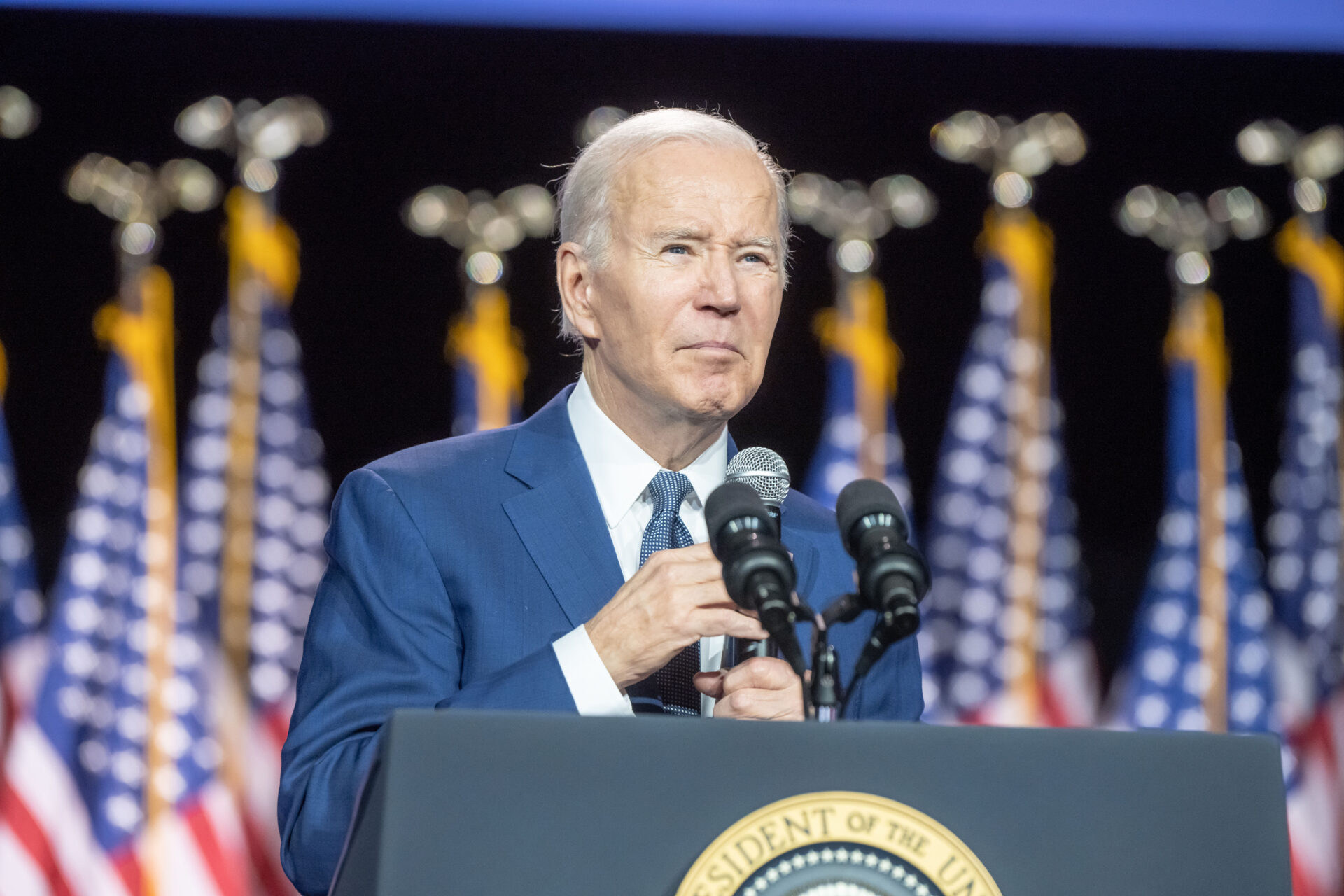The Supreme Court ruled Monday that illegal immigrants could be detained without having a bond hearing and that federal judges can’t grant all immigrants a class-wide relief in two opinions.
The Supreme Court recently interpreted the Immigration and Nationality Act in United States v. Johnson, holding that immigration judges are not required to hold bond hearings after six months to decide an immigrant’s eligibility for release under federal law. The Third Circuit’s decision upholding a lower court’s order allowing the plaintiff’s request for a bail hearing was overruled.
A bond hearing is the process by which an immigration judge determines if a person is eligible for release on bond while their asylum or deportation processes are still pending.
The attorneys for the immigrant plaintiffs claimed that the word “may” in Section 6(b) of the Immigration and Nationality Act indicates that the court has discretion to hold a bond hearing. Federal government lawyers, on the other hand, said that immigrants aren’t entitled to a bond hearing.
The majority of the Court sided with federal government attorneys in a near-unanimous decision, with Justice Sonia Sotomayor authoring the opinion.
The Supreme Court has never “authorized a prolonged detention without the person having an individualized hearing with a neutral adjudicator, at which time the detainee would have a meaningful opportunity to participate in,” Sotomayor wrote in the 8-1 decision. Except in national security situations, she added.
The Supreme Court reversed a decision by the U.S. Court of Appeals for the Ninth Circuit extending the right to a bond hearing to all members of the class action lawsuit, in a similar case.
The Supreme Court’s decision in Garland v. Gonzalez means that if immigrants wish to demand a bond hearing, they will have to do so individually rather than on behalf of all similarly detained persons, as the plaintiffs in the case had requested.
In his majority opinion, Justice Samuel Alito said that federal law “generally prohibits a lower court from entering injunctions that command federal employees to take or refrain from taking actions to implement, enforce, or otherwise execute the specified statutory provisions.”
Two cases have been filed in the federal courts challenging their confinement by US immigration authorities. “The Biden administration has taken the same standpoint as President Donald Trump’s administration in both instances,” according to The San Francisco Chronicle.
Biden’s adherence to the federal immigration law and his alignment with former Pres. Donald Trump’s judicial ideas have made him an enemy among his liberal supporters on the subject.
The cases are Garland v. Gonzalez, No. 20-322 and Johnson v. Arteaga-Martinez, No. 19-896, in the Supreme Court of the U.S.





